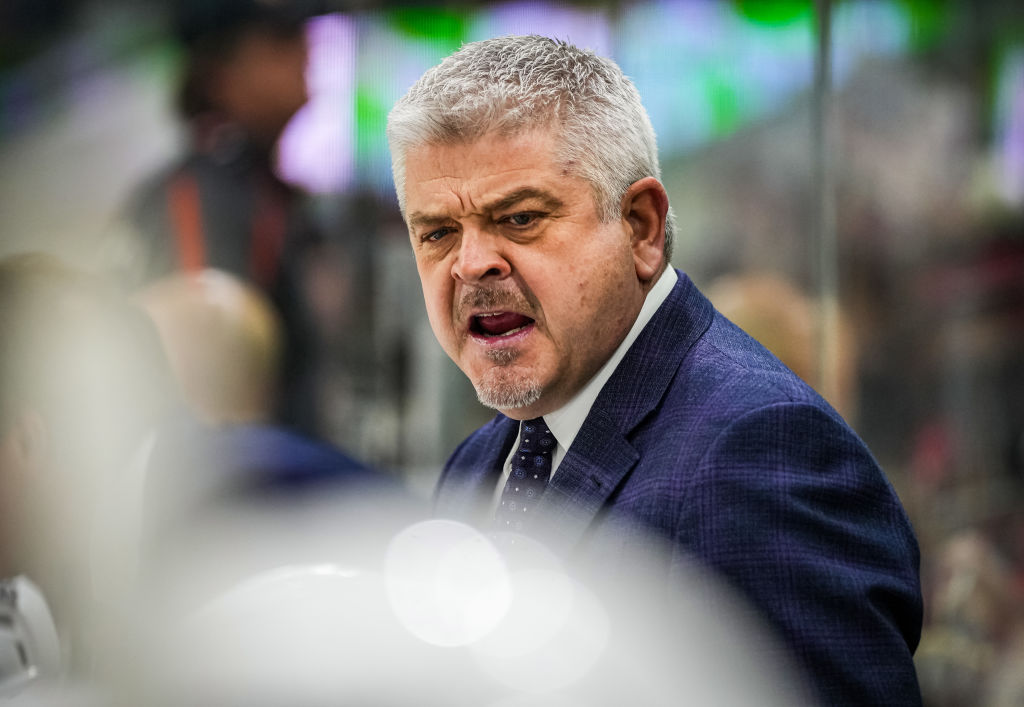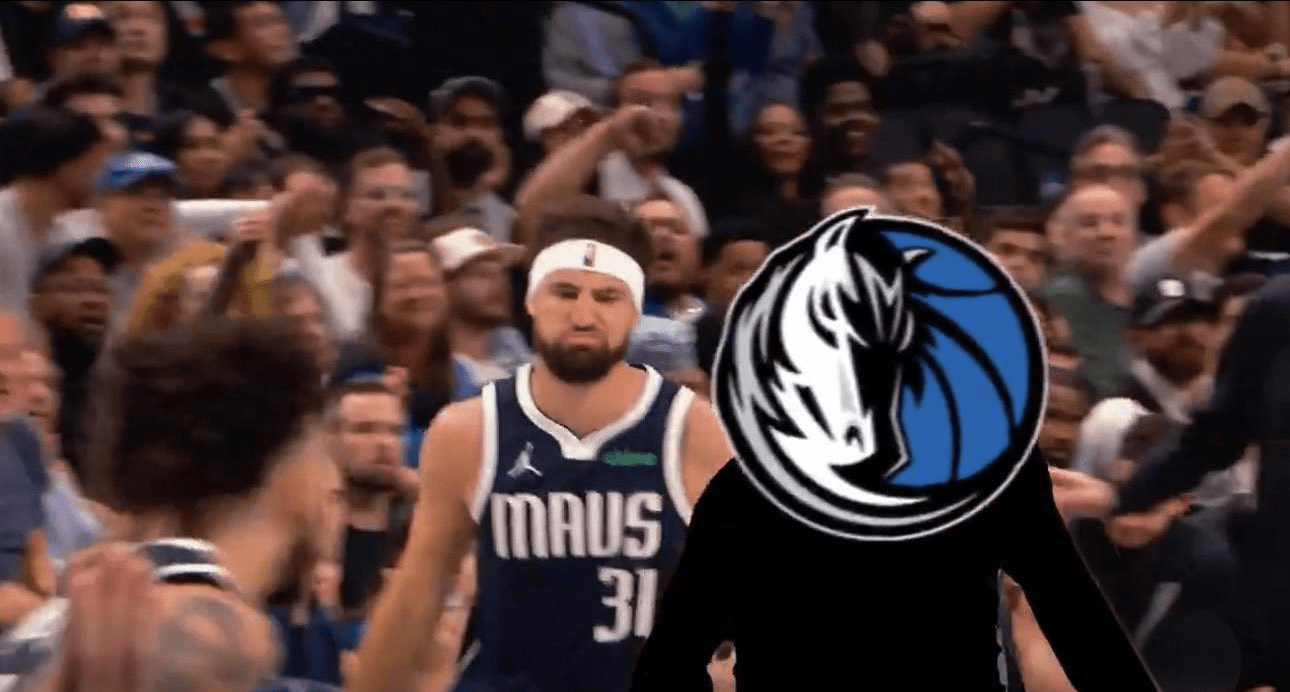Todd McLellan was thanked for his years of service to the Los Angeles Kings in the traditional way, with a Hoka to the backside and a shove to the parking lot. It is the way of all things in sport, and for McLellan it is the third time—all because the Kings fell off the wagon and then rolled beneath its wheels in January.
Firing the coach is a default in hockey, maybe more than in any sport other than soccer, where the press release announcing a hiring is done on the back side of the press release announcing the firing of the same person. There have been 165 coaches employed since the turn of the century, an average of nearly seven new ones per year, and there have been 13 changes since the end of last season, courtesy of the noted busybody Pierre LeBrun, which would be a record if it wasn't about to be broken in the next few days or weeks. Once you get the smell of pink slips in your hooter, you can't resist handing out some of your own. Just ask any media company.
But in hockey, it's done more often in midseason than in any other sport because (a) more general managers believe in the different-voice-in-the-room theory, and (b) because almost half the time they have dramatically better results than their predecessors. Why this should be the case in this sport rather than, say, basketball, is probably linked to the notion that basketball coaches don't tend to get fired in midseason. The philosophy in the NBA seems to be that you eat the sandwich you've ordered, and in the WNBA it is almost law that a coach gets the full year no matter what.
It might be because in hockey, which is a game of persistence more than tactical nous, the same voice telling you to slide your face in front of a puck going 100 mph loses its effectiveness after a while, barring outside stimuli like fat contracts or championships. Montreal Canadiens Hall of Famer Steve Shutt's famous line about Scotty Bowman is applicable here—"We hated him 364 days a year, and on the 365th day we collected our Stanley Cup rings."
This isn't to say there aren't systems and plays, but all the systems and all the plays are predicated on players finding their asses, working them off and then reattaching them for the next shift, and that process is repeated roughly 25 times every night. You go into a corner knowing a hit is coming, or you go in front of the net knowing a puck is coming, and if you're not bracing for contact, you're trying to deliver it. If you're tired of your coach telling you to do it, you will tend to show reluctance to keep doing it.
Whether that's what happened with Todd McLellan and the Kings is a guess better left for those who watch the Kings religiously but dispassionately. But we are relatively sure that another coach will be fired soon, and McLellan will be a candidate for that job because someone will need a different voice than the one already in the room. McLellan can do that just by walking in the building.
Plus, retreads are never out of fashion in the NHL. Nearly 70 coaches in the history of the league worked for at least three teams, including 10 currently employed. Hiring is just the prelude to firing, and the NHL is better at it because of repetition and practice. There's a lesson in that which Todd McLellan is reflecting on today over a series of I'm-drinking-alone-so-leave-me-alone cocktails.





